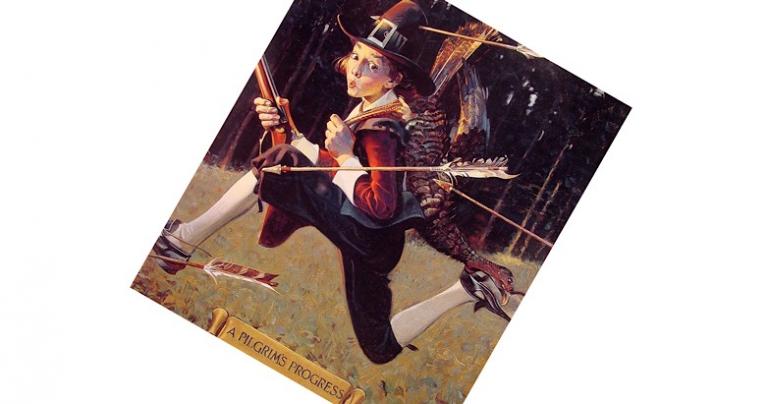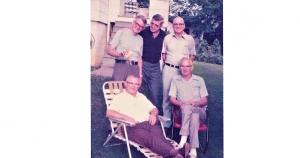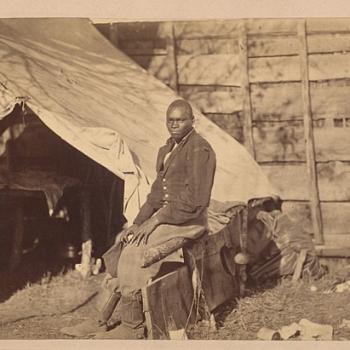“Be thankful,” the radio preacher said.
My immediate reaction, God help me, was crabbiness. “I will be thankful if I wish to be so,” I murmured. “This is like the oddlings who tell me to cheer up . . . Inauthentic moralism.”

Pausing on My Reaction to Preaching
SInce irritation at earnest moralism (especially from one’s Christian childhood) is the foundation of sixty-six point six percent (or so) of all Christian college professor’s public intellectual work, this reaction is not surprising even if disappointing to my betters. Perhaps, this testiness is a result of working in an era where “to preach” has mostly negative connotations. Oddly, while the American academy is irritated by pulpit preachiness, we were educated with overwhelming professorial preachiness in favor of various causes. The causes may or may not be good, but somehow it is only pulpit preaching that bothers us and not professorial pronouncements.
That makes me pause, think, and wonder.
Why Thankfulness to God is Necessary
To faintly echo Saint Paul, I would never have known what it is not to be thankful if some pastor had not urged me to be thankful.
This tendency is not good in me.
God, after all, commands me to be thankful and this is not for God’s good, but my own. God will not feel insecure if I lack gratitude, but I will be worse. God does not need thanksgiving, we need to give thanks for the good of our souls.
That’s obvious, but there is something I have missed for years, that should not have been hard to see: thanksgiving is not like cheering up. When I am told to “cheer up,” I am being asked to change my mood. This is not, always, or mostly in my power. I am sad and telling me not to be sad is as useless as telling the sky in Houston to stop raining.
One feels what one feels and should report on it accurately. Falsehoods about emotions are ruinious.
There are some feelings, warm and snuggly, that go with thanksgiving, but thanksgiving is an act, a doing, and not primarily a feeling. I am thankful when I show gratitude not when I feel gratitude. In fact, I can feel crabby and still say “thank you.”
I am thankful Hope puts up with my crabbiness even when I am crabby, when I refrain from saying all the crabby things I am thinking. I say: “I feel crabby. Thanks for putting up with me” I can then do an act of thanksgiving by shutting up.
Nor is thanksgiving merely an act of words, though words are a good start. Thanksgiving is recognizing that one owes an obligation to a patron, a friend, or some benefactor. Thanksgiving is giving back. My nation has given me a good life, I am thankful when I do my jury duty. My family has helped me, my parents especially. I am thankful when I help them and give what they wish or need. My community at work, including patrons, has given me such a jolly place to work. I am thankful for I try to make their lives happier.
The command to be thankful is a command to do, not to feel, and I do have (some) capacity to control what I do. My dad and I used to chuckle at a radio preacher who said: “Thanksgiving is thanks living.” That’s pretty bad prose, but the idea is true.
Be thankful, O my soul.













